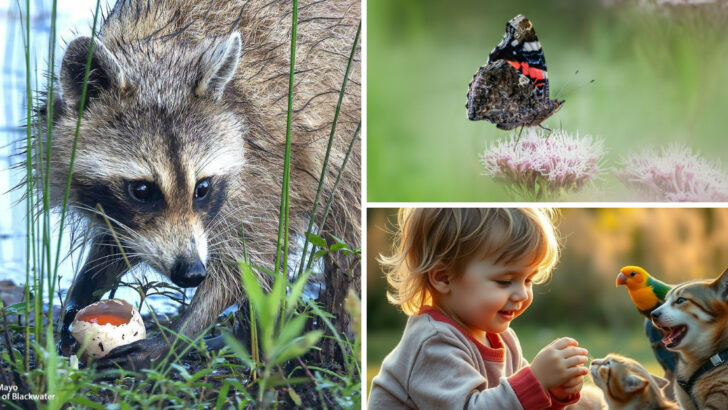Raccoons often get a bad rap, usually seen as nuisances or pests. However, these clever creatures can actually offer surprising benefits to your outdoor space.
From controlling pests to adding a touch of wildlife charm, raccoons can contribute positively to your garden environment. This blog post explores nine unexpected reasons why having raccoons around might be more beneficial than you think.
With their inquisitive nature and adaptability, raccoons bring a unique dynamic to any backyard, fostering a closer connection with nature.
Natural Pest Control
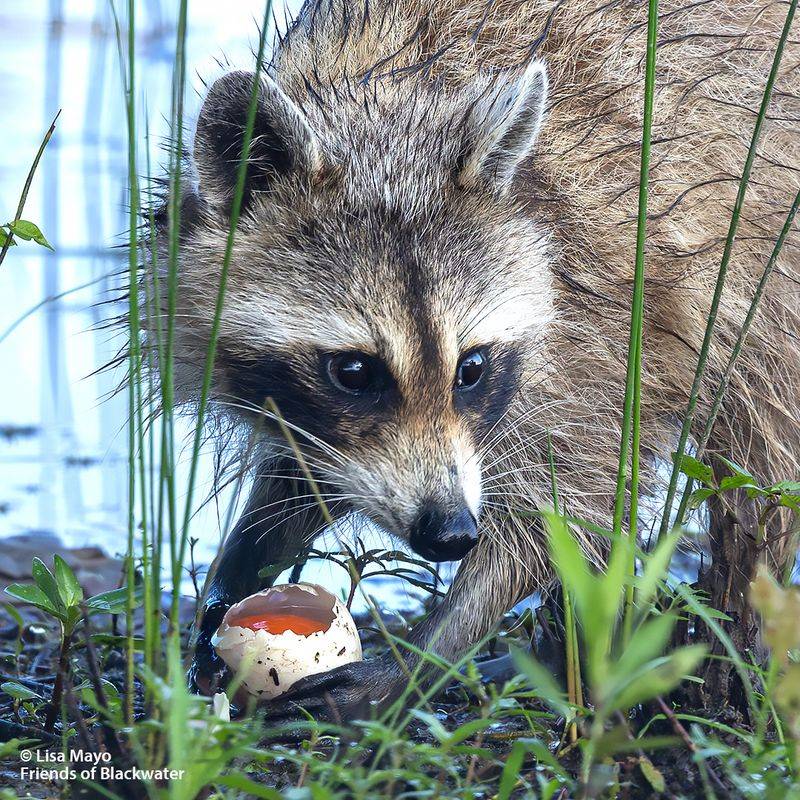
Raccoons are known for their varied diet, which includes many common garden pests. They help manage the population of critters like snails, beetles, and even small rodents.
By keeping these unwanted guests in check, raccoons help maintain the health of your plants. Imagine fewer holes in your leaves and less damage to your precious blooms!
Offering a natural solution, raccoons can reduce the need for chemical pesticides. This not only promotes a healthier garden but also supports a thriving ecosystem.
Encouraging raccoons might just be the secret to a more vibrant yard.
Seed Dispersal Helpers
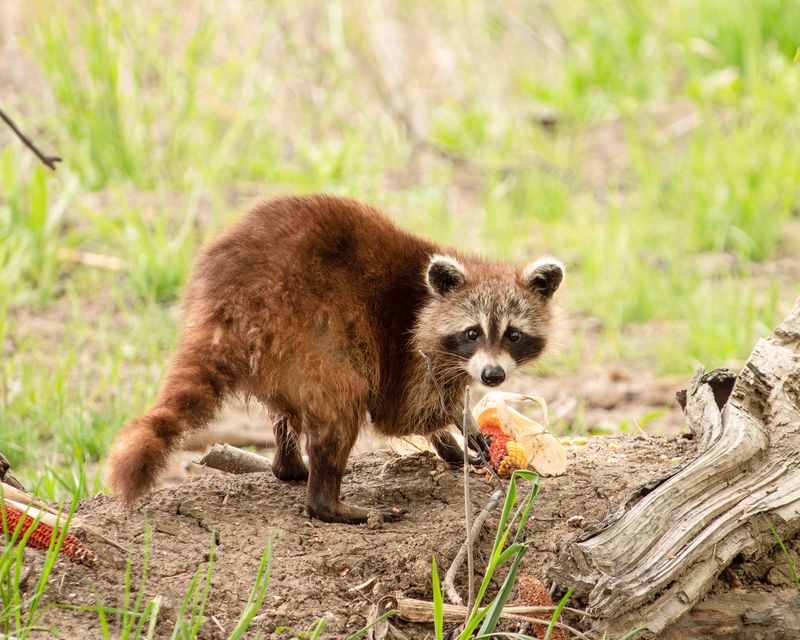
While foraging, raccoons inadvertently contribute to seed dispersal. As they move from place to place searching for food, they transport seeds across your yard.
This process supports plant diversity and encourages new growth. You might discover unexpected plants sprouting in unexpected places.
The raccoon’s role in this natural cycle aids in sustaining a dynamic and varied plant life. Their activity can lead to a more robust and interesting garden landscape.
Harnessing this natural behavior can turn your yard into a flourishing space teeming with life.
Soil Aeration Agents
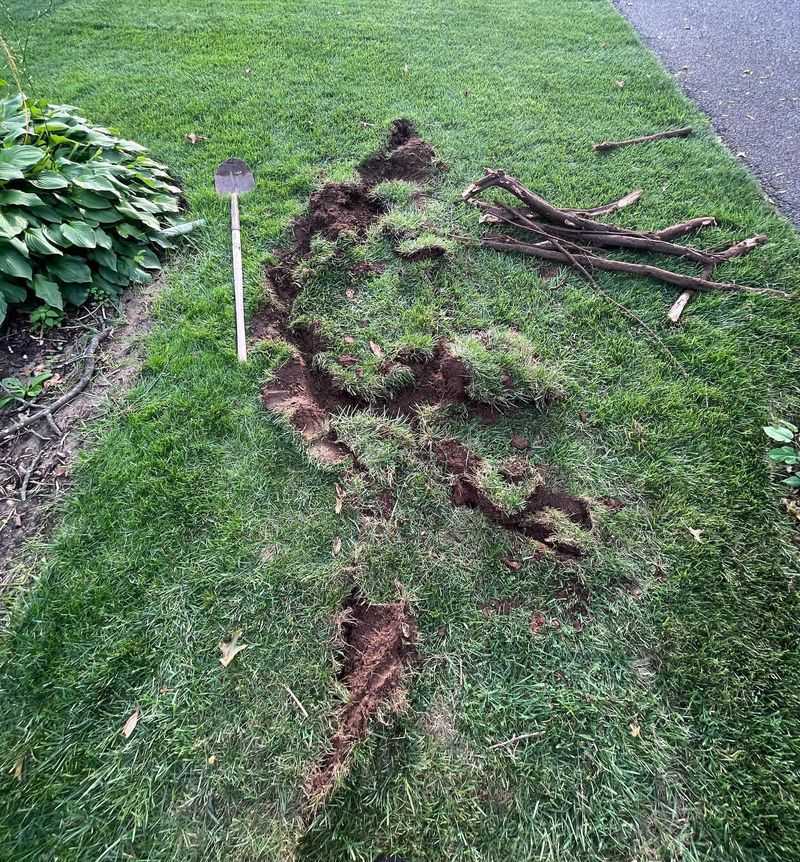
Raccoons naturally dig for grubs and insects, which inadvertently aerates the soil. This action improves soil health by increasing oxygen levels and enhancing water absorption.
Healthier soil means your plants have a better environment to thrive in. The digging might initially seem disruptive, but it ultimately benefits the garden.
By encouraging this behavior, you can see an improvement in plant vitality and productivity. Raccoons contribute to the natural balance of the ecosystem, acting as unwitting gardeners in your backyard.
Pollination Partners

Although it’s not widely known, raccoons can assist in pollination. As they forage through flowers, pollen can stick to their fur and be transported to other plants.
This accidental pollination helps fertilize your flowers, ensuring continued bloom and growth. The presence of raccoons can thus encourage a more vibrant and colorful garden.
They play a part in the intricate web of garden life, supporting both plant and animal communities. Inviting raccoons into your yard could result in a more bountiful and beautiful floral display.
Nutrient Recyclers
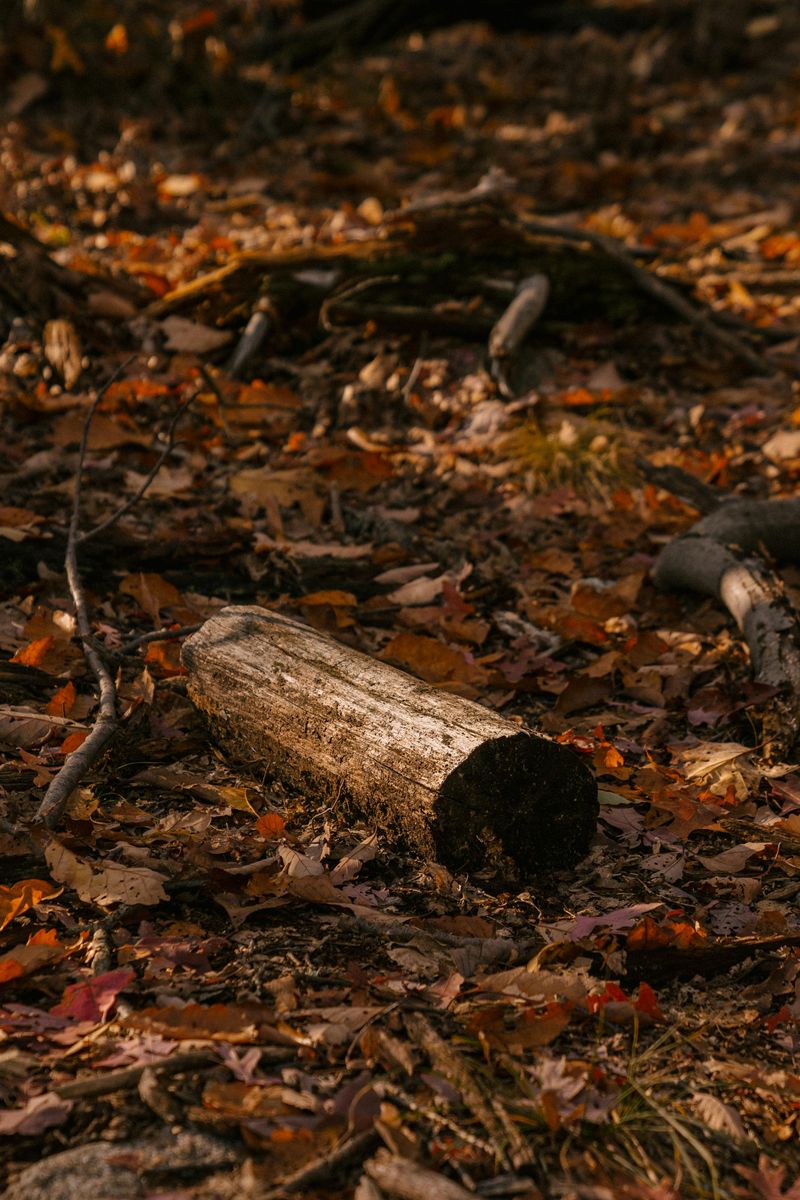
Raccoons, being scavengers, help break down organic matter. By rummaging through compost and fallen leaves, they speed up the decomposition process, recycling nutrients back into the soil.
This natural recycling enriches the soil, providing essential nutrients for your plants. The garden benefits from this enhanced fertility, leading to lusher growth.
Moreover, their scavenging habits can keep your yard tidier by reducing debris. Raccoons act as nature’s cleanup crew, turning waste into a valuable resource for your garden’s prosperity.
Wildlife Observation Opportunities

Having raccoons around offers a chance to observe wildlife up close. These creatures display interesting behaviors, from clever problem-solving to social interactions.
Watching them can be an educational and entertaining experience for both children and adults. The presence of raccoons in your yard brings a piece of the wild closer to home.
This connection to nature can inspire curiosity and appreciation for wildlife. Embracing raccoons as part of your garden environment enriches your outdoor experience with a touch of adventure.
Attracting Other Wildlife
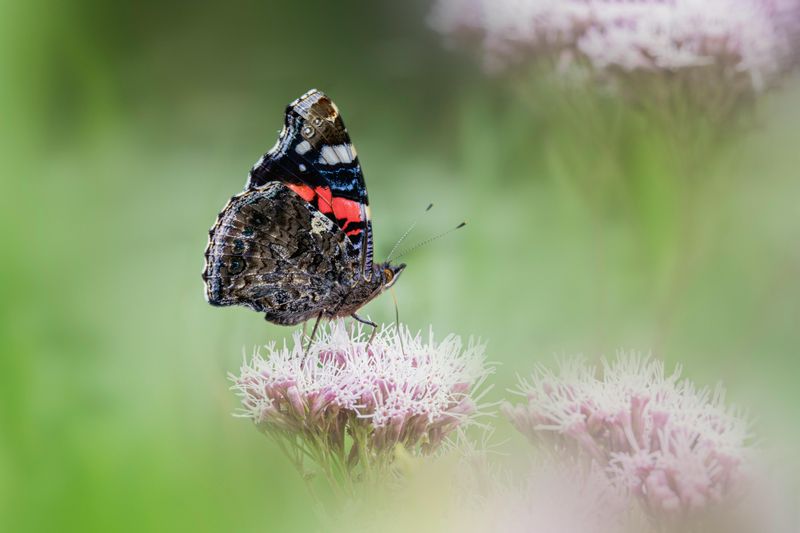
Raccoons can attract other forms of wildlife to your yard. Their presence signals a safe and resource-rich environment, drawing in birds, squirrels, and even butterflies.
This creates a lively and dynamic ecosystem right outside your door. The variety of wildlife can enhance your garden’s vitality and aesthetic appeal.
Encouraging raccoons can thus indirectly promote biodiversity in your outdoor space. A diverse ecosystem not only benefits the garden but also provides endless fascination for nature enthusiasts.
Educational Opportunities for Children

Raccoons offer valuable educational opportunities for children. Observing these animals can teach kids about wildlife behavior, biology, and ecology.
It encourages outdoor learning and fosters a connection with nature. Children can learn about the importance of biodiversity and the role each creature plays in the ecosystem.
This hands-on experience can spark an interest in science and conservation. Welcoming raccoons into your yard transforms it into a living classroom, ripe with lessons about the natural world.
Fostering Empathy for Animals

Interacting with raccoons can help foster empathy for animals. It teaches respect for wildlife and an understanding of coexisting with nature.
Children and adults alike can learn the importance of treating animals kindly. This experience can lead to a more compassionate attitude towards all living beings.
By nurturing empathy, we promote harmonious living with the creatures that share our environment. Providing space for raccoons in your yard can cultivate a deeper appreciation for the natural world.

